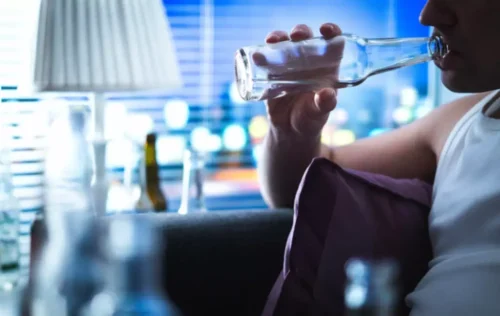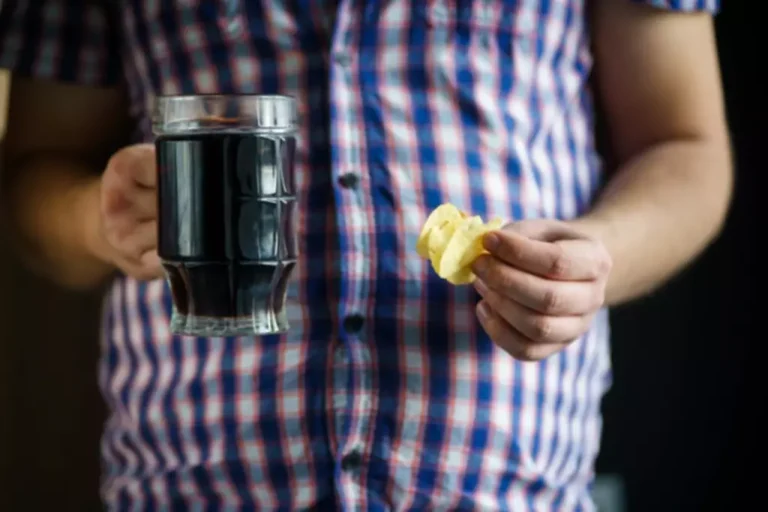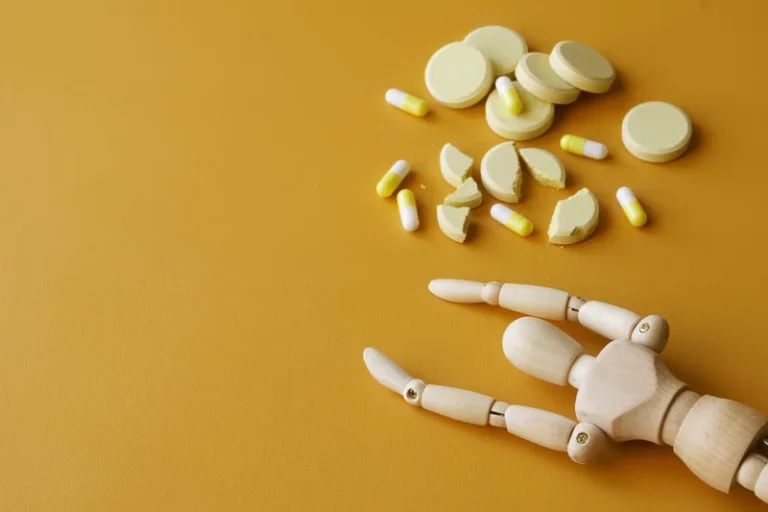
The best decision you can make is often the most difficult because it may involve putting your life, your family and your career on hold. But entering treatment is the best way to show the people you’ve harmed with your anger that you’ve made a commitment to change. When they aren’t under the influence, you can try speaking openly with them about how their actions make you feel, how they’re affecting your family and why something needs to change. Many people with “angry drunk” tendencies also end up on the wrong side of law.
Anger Management and Alcohol Addiction
It can be tempting to drink if you’re feeling unhappy, but there’s a better solution out there. When treating depression and substance abuse, consult with a mental health professional and/or an addiction specialist who can provide resources and recommendations for possible treatment options. “An experienced psychiatrist [or another mental health professional] familiar with mood disorders and the effects of alcohol abuse can be instrumental in recommending appropriate medications and monitoring medication efficacy,” says Kennedy. 68% of the dependent and abstainers perceived anger as negative emotion and 76% in control perceived it as negative. The presence of significant difference was seen for relapsers group in relation to trait anger and state anger. The group who remained abstinent from the intake to follow-up differs significantly from the dependent group in relation to state anger and anger control out.

Effects of Alcohol Use
- It’s common for alcohol and anger to be stereotypically lumped together, but many people labeled “angry” while drinking may actually be experiencing aggression or hostility.
- By exploring the underlying mechanisms and psychological impacts, we can educate ourselves on how to deal with these dynamics effectively.
- Therapy assisted him in recognizing how past wounds contributed to his vulnerability to both anger and alcohol use.
- Once these factors are organized into the I3 framework, their effects on aggression as well as their interactions with other relevant risk factors can be examined.
- When we aren’t concerned about consequences we may be more likely to act out in the moment.
Depression is a common and serious mood disorder, which can impact your thoughts, feelings, and behaviors. In the United States alone, an estimated 17.3 million adults have had at least one major depressive episode. The Centers for Disease Control and Prevention has found that 9 out of 10 adult binge drinkers don’t have a severe alcohol use disorder, but that doesn’t mean alcohol isn’t a problem for them. Drinking to cope with depression, no matter if you have an alcohol use disorder, is concerning. No matter your drink of choice, alcohol can easily be abused and often is, especially when it’s used to self-medicate.
Ex-wife alleges pattern of abuse in Theo Lengyel murder trial
The study concluded that alcohol increased the odds of physical aggression in those men who had high trait anger and poor anger management skills. It also noted that sexual aggression was higher with alcohol, even in men with low trait anger and reasonable anger management skills. One study found that chronic alcohol use decreases the function in the prefrontal cortex, which plays a key role in impulse control. Researchers have also linked impulsive alcohol-related behavior to genetic involvement, with the presence of the serotonin 2B receptor gene (HTR2B) playing a role in impulsive and aggressive behaviors while under the influence of alcohol.
Anger Treatment Options

Drinking can affect your emotional experience as it can limit your inhibitory emotions. Here are the common emotional experiences you need to explore before visiting your favorite bar. Minor provocations that might typically be manageable can escalate into heated confrontations or aggressive outbursts when alcohol is involved. If formal rehab seems too much, starting with an AA support group can help.
Low Regard for Consequences
Think of anger as an iceberg, where what’s visible, like stern looks or raised voices, is just the tip. Below the surface, hidden emotions such as grief, fear, shame, and embarrassment often fuel anger. Anger is rarely an isolated emotion, shedding light on its connection to alcoholism. When combined with other evidence-based therapies, such as cognitive behavioral therapy (CBT), MAT can help prevent relapse and increase your chance of recovery.

Notwithstanding the progress that has been made in the alcohol use disorders treatment field, innovative treatment strategies are still needed. Instigating factors normatively produce an urge to behave aggressively (e.g., provocation). These factors provide the initial momentum toward an aggressive action that represents the availability of an aggressive response. Of course, availability of an aggressive response does not mandate its enactment. People are exposed to instigating influences every day, but few actually lead to aggression. Thus, other factors are necessary to determine whether someone will perpetrate aggression at a specific point in time.
2 Outcomes of AA Facilitation Treatment

We just know that once the drinks start flowing things can get pretty ugly. Recognizing that each individual’s journey toward recovery is unique, individualized treatment plans are essential. As alcohol enters the bloodstream, it begins to affect the neurotransmitters in the brain, leading to disruptions in these critical functions. Support groups such as alcoholic rage syndrome Alcoholics Anonymous (AA) and Self-Management And Recovery Training (SMART) are open to anyone with a substance use disorder. Outpatient treatment is less intensive than inpatient treatment or partial hospitalization programs. They are best for people who have a high motivation to recover, but cannot leave their responsibilities at home, work, or school.
He played clarinet and saxophone for the Eureka-based jazz-rock band Mr. Bungle from 1985 to 1996. If you are having suicidal thoughts, contact the National Suicide Prevention Lifeline at 988 for support and assistance from a trained counselor. In addition, your doctor may prescribe medicines that are meant to lower alcohol cravings, which can reduce your desire to drink. However, for the best results, your doctor will likely treat them together. People with depression frequently lose interest in activities that once brought them joy like hobbies and social events. It’s often a lifelong commitment, but one that can improve your life, health, and well-being in the long term.
2 Attendance and Treatment Satisfaction
Depending on your intoxication level, you may experience decreased inhibition, loss of judgment, confusion, and mood swings, among others. Alcohol can produce feelings of euphoria and excitement, making you feel instantly happier and more confident, but those feelings are fleeting. Much like barbiturates (sedatives), alcohol is a drug that affects the central nervous system (CNS) and the brain’s functionality.
